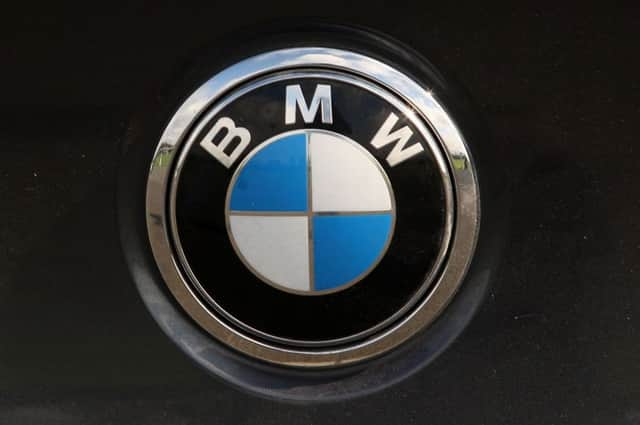BMW failed to report cases of electrical faults


The Driver and Vehicle Standards Agency (DVSA) claimed its response to the issue two years before the accident “might have been different” if the German manufacturer had passed on details of the incidents.
Former Gurkha soldier Narayan Gurung, 66, died on Christmas Day 2016 when he crashed his Ford Fiesta into a tree in Hampshire while swerving to avoid a BMW car which had cut out due to an electrical fault, an inquest in Woking, Surrey, was reportedly told this week.
Advertisement
Hide AdAdvertisement
Hide AdThe DVSA said in a statement that it first became aware of an issue with particular BMW models in October 2014 through a report by a single consumer.
After conversations with the firm, the agency believed the defect would give drivers a warning before the system failed entirely, so it did not ask it to launch a safety recall.
It may have taken a different course of action if BMW had not failed to disclose details of 19 cases between 2011 and 2014, it said.
After “examining the growing evidence”, the DVSA contacted BMW to ask it to conduct a full recall of 370,000 affected cars, the statement said.
The company “finally agreed” to this on April 10 last year, more than four months after the fatal crash.
DVSA chief executive Gareth Llewelyn said: “Our thoughts are with the family and friends of Mr Gurung.
“BMW did not make DVSA aware of electrical failure in its cars between 2011 and 2014, as it is required to do.
“It then provided us with incorrect information about the faults, so we were not able to make an informed decision.
Advertisement
Hide AdAdvertisement
Hide Ad“However, after examining the growing evidence, DVSA contacted BMW in December 2016 to ask it to conduct a full safety recall of the affected vehicles.”
The DVSA does not have the power to order a recall, but can ask companies to do so. It is considering whether its enforcement powers can be strengthened.
BMW reportedly recalled cars affected by the electrical failure in the US in 2013 and several other countries - not including the UK - before Mr Gurung’s death.
A spokesman for the manufacturer said: “We are deeply saddened by this tragic incident and we extend our heartfelt sympathies to the family of Mr Gurung.
“As this matter is still the subject of court proceedings, we are unable to comment specifically on it.”
The inquest was adjourned until later this year.
Steve Gooding, director of motoring research charity the RAC Foundation, said: “In an era when public trust in car companies has already taken a bad knock, we need all the reassurance we can get that manufacturers have their customers’ best interests at heart.
“The inquest evidence so far has, if anything, fuelled concerns that this is not the case.
“Where there is any doubt about the effectiveness of a regulatory system to ensure our safety, we need to test whether that system includes both the powers and the resources necessary to get the job done.”